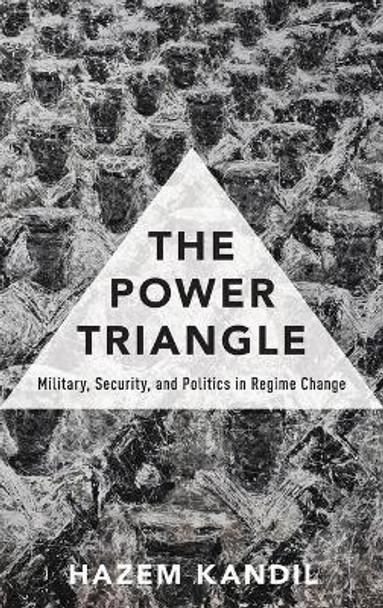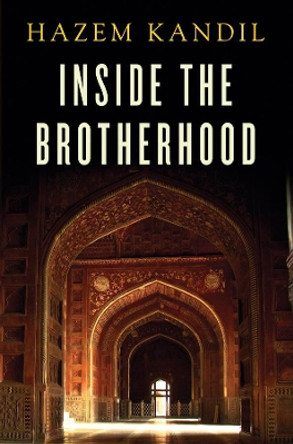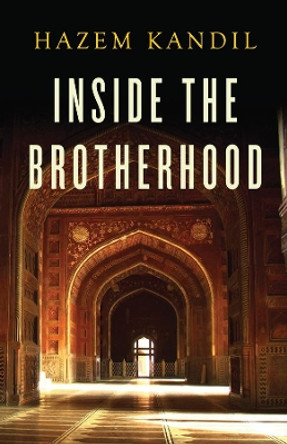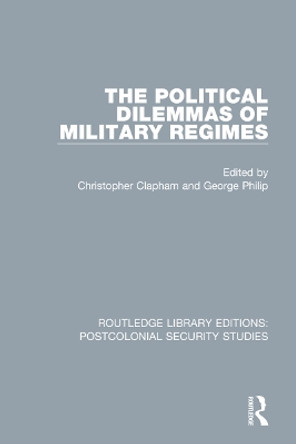Iran, Egypt, and Turkey all experienced remarkably similar coup-installed regimes in the middle of the twentieth century, and shared comparable state-building ambitions. Despite these similarities, each followed a different trajectory: Iran became an absolutist monarchy that was overthrown from below; Turkey evolved into a limited democracy; and Egypt metamorphosed into a police state. What accounts for this divergence? In The Power Triangle, Hazem Kandil attributes the different outcomes to the power struggle between the political, military, and security components of each regime. Following a coup, officers immediately divide their labor: one group runs government, another supervises the military, and the third handles security. Their interests initially overlap, but begin to vary as each group becomes identified with its own institution. The politicians wish to remain in power indefinitely, but need the support of the custodians of violence; military officers prefer to withdraw from politics after implementing the needed reforms, since their prerogatives are usually guaranteed regardless of regime type, and politicization corrupts the corps; and security men strive to consolidate authoritarianism in order to maintain the inflated privileges they have acquired during the emergency period following the coup. Driven by conflicting agendas, the three partners struggle to control the regime. Through comparative historical analysis, Kandil demonstrates that the new regime is shaped and reshaped through the recurrent clashes and changing alliances between the team of rivals in this 'power triangle.' Bringing realism into domestic politics, The Power Triangle demonstrates that we cannot gain a clear understanding of pivotal events in Iran, Egypt, and Turkey without a firm grasp of the balance of power within the ruling bloc of each country.
About the AuthorHazem Kandil is the Cambridge University Lecturer in Political Sociology and Fellow of St Catharine's College. He studies power relations in revolution and war in the Middle East, Western Europe, and North America.
Reviews"This is a fascinating, persuasive, and highly original analysis of power struggles within states between the political elite, the armed forces, and the security police - Kandil's 'power triangle'. The subject-matter is recent Middle Eastern states, on which Kandil is highly authoritative. Yet his model could be fruitfully applied to non-democratic states throughout the world. This is the best political sociology I have read in years." --Michael Mann, Distinguished Research Professor, UCLA "In this tour de force of comparative historical sociology, Kandil addresses the puzzle of 'revolutions from above' and their different outcomes across the Middle East in the mid-twentieth century. With forensic skill and an informed theoretical grounding, as well as a deep historical understanding of the processes involved, he analyses the regime dynamics of the military coup makers in Iran, Turkey and Egypt. In doing so, he provides an insightful and highly plausible account of the very different trajectories that developed from the initial coups d'etat." --Charles Tripp, Professor of Politics, SOAS, University of London
Book InformationISBN 9780190239206
Author Hazem KandilFormat Hardback
Page Count 424
Imprint Oxford University Press IncPublisher Oxford University Press Inc
Weight(grams) 1g
Dimensions(mm) 155mm * 236mm * 36mm










